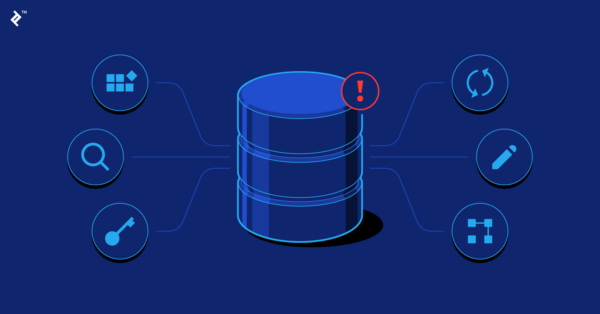A database is an organized collection of data, typically stored and accessed electronically from a computer system. It is designed to efficiently manage, retrieve, and update large amounts of information. Databases are crucial components in various applications, ranging from simple personal record-keeping to complex enterprise systems.
Understanding Databases
Databases play a pivotal role in modern computing by providing a structured mechanism for storing and managing data. They consist of tables, which contain rows and columns, where each row represents a record and each column represents a field. The relational database model, pioneered by Edgar F. Codd in the 1970s, remains the most widely used approach for organizing data.
Key Features of Databases
Databases offer several essential features that make them indispensable for managing data effectively:
- Data Integrity: Databases ensure the accuracy and consistency of data through mechanisms such as constraints, foreign key relationships, and transactions.
- Querying: Users can retrieve specific information from a database using queries, which enable searching, filtering, and sorting data based on predefined criteria.
- Scalability: Databases are designed to scale gracefully as data volumes grow, allowing for efficient storage and retrieval of information even in large-scale applications.
- Security: Robust security measures, including access controls, authentication mechanisms, and encryption, safeguard sensitive data stored in databases from unauthorized access or tampering.
Types of Databases
Databases come in various types, each tailored to specific requirements and use cases. Some common types include:
| Type | Description |
|---|---|
| Relational | Organizes data into tables with predefined relationships between them. |
| NoSQL | Provides a flexible schema design and is suitable for handling unstructured data. |
| Object-oriented | Stores data as objects, enabling complex data structures and relationships. |
| Distributed | Spreads data across multiple nodes or servers for improved scalability and performance. |
Uses of Databases
Databases are utilized in numerous applications across different industries, including:
- Business: Managing customer information, inventory, sales, and financial records.
- Education: Storing student records, course materials, and academic research.
- Healthcare: Maintaining patient records, medical histories, and treatment plans.
- E-commerce: Tracking product listings, orders, payments, and customer interactions.
Challenges and Solutions
While databases offer significant benefits, they also pose certain challenges, such as:
- Data Security: Protecting sensitive information from breaches or unauthorized access.
- Performance: Ensuring optimal performance, especially in high-volume transactional environments.
- Data Quality: Maintaining data accuracy, consistency, and integrity over time.
These challenges can be addressed through implementing robust security measures, optimizing database schema and queries, and establishing data governance policies.
Characteristics and Comparisons
Let’s compare databases with similar terms:
| Term | Description |
|---|---|
| Database | Organized collection of data, typically stored and accessed electronically. |
| Data Warehouse | Repository for storing and analyzing large volumes of historical data from various sources. |
| Data Lake | Storage repository that holds a vast amount of raw data in its native format until needed for analysis. |
Future Perspectives
The future of databases is marked by emerging technologies and trends, including:
- Big Data: Handling massive volumes of data generated from diverse sources.
- Cloud Computing: Leveraging cloud-based database services for scalability and flexibility.
- Artificial Intelligence: Incorporating AI techniques for data analysis, prediction, and automation.
VPN and Databases
Virtual Private Networks (VPNs) can enhance the security and privacy of database access by encrypting data transmission between clients and servers. They provide a secure tunnel for transmitting sensitive information over public networks, mitigating the risk of interception or eavesdropping. VPNs are particularly valuable for remote database administration, enabling secure access to databases from any location while ensuring confidentiality and integrity of data.
Resources
For more information about databases, consider exploring the following resources:


